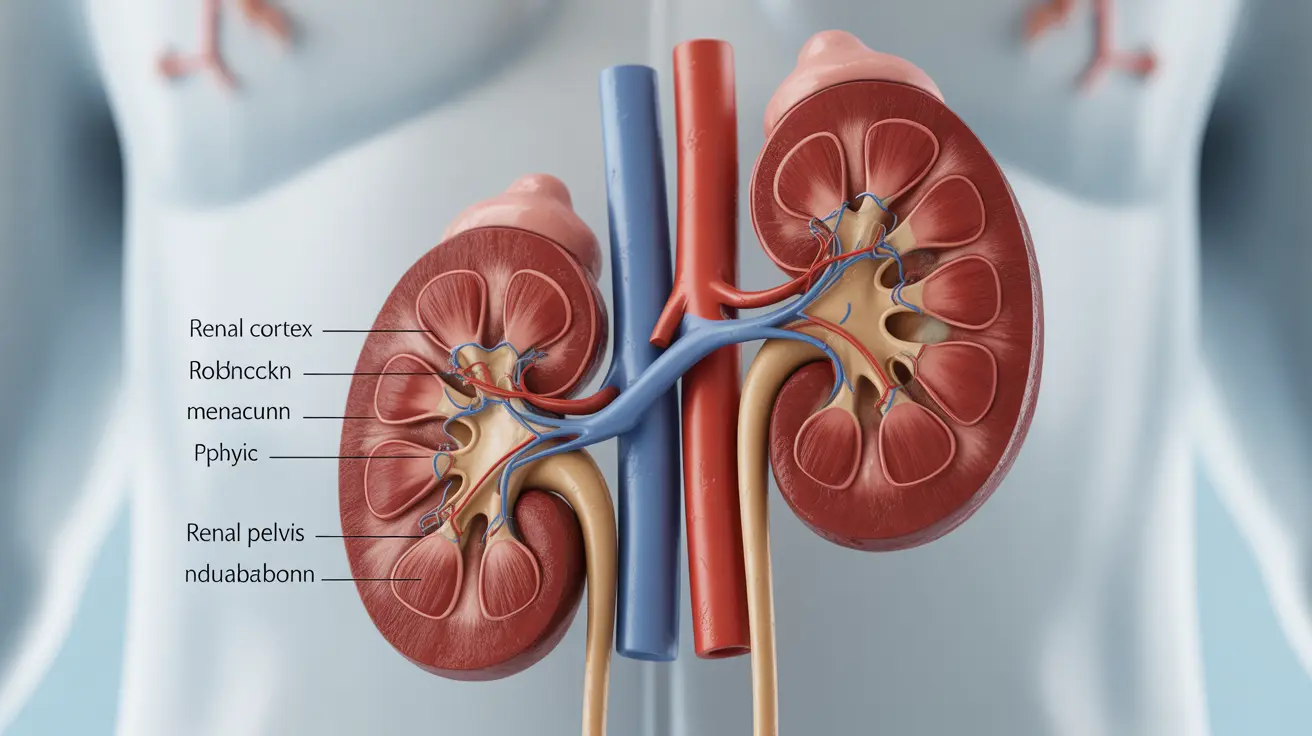A renal scan is a specialized nuclear medicine imaging test that provides detailed information about your kidneys' function and structure. This advanced diagnostic tool helps healthcare providers evaluate kidney health, detect abnormalities, and monitor various kidney conditions. Understanding what a renal scan involves can help you feel more prepared and confident about the procedure.
Whether you're experiencing kidney problems or your doctor needs to assess your kidney function, this comprehensive guide will explain everything you need to know about renal scans, including preparation, procedure details, and what to expect.
Purpose and Benefits of Renal Scans
Renal scans use small amounts of radioactive materials (radioisotopes) to create detailed images of your kidneys. These images help doctors evaluate:
- Blood flow to the kidneys
- Kidney function and efficiency
- Structural abnormalities
- Signs of blockages or obstruction
- Evidence of infection or injury
Unlike other imaging tests, renal scans provide unique information about how well your kidneys are functioning, not just their appearance. This makes them particularly valuable for diagnosing and monitoring various kidney conditions.
Types of Renal Scans
Static Renal Scan
This type provides detailed images of kidney structure and can identify masses, cysts, or other anatomical abnormalities. The scan typically takes about 30-60 minutes to complete.
Dynamic Renal Scan
This version evaluates kidney function over time, showing how well your kidneys filter blood and produce urine. The procedure usually takes 20-30 minutes but may require multiple images over several hours.
Preparing for Your Renal Scan
Proper preparation is essential for accurate results. Your healthcare provider will give you specific instructions, which typically include:
- Drinking plenty of water before the procedure
- Avoiding certain medications that might interfere with results
- Wearing comfortable, loose-fitting clothing
- Informing your doctor about any allergies or pregnancy
The Renal Scan Procedure
During the scan, you can expect the following steps:
- The technologist will inject a small amount of radioactive tracer into your bloodstream
- You'll lie still on an examination table
- A special camera will take images as the tracer moves through your kidneys
- The procedure is painless and typically takes 30-60 minutes
Safety and Risk Considerations
Renal scans are generally considered safe, with minimal risks. The radiation exposure is relatively low and carefully controlled. However, it's important to discuss any concerns with your healthcare provider, especially if you:
- Are pregnant or breastfeeding
- Have allergies to medications or contrast materials
- Take medications that might affect kidney function
Frequently Asked Questions
What is a renal scan and how does it help diagnose kidney problems?
A renal scan is a nuclear medicine imaging test that uses small amounts of radioactive material to evaluate kidney function and structure. It helps diagnose problems by showing how well your kidneys filter blood, produce urine, and maintain proper blood flow.
How should I prepare for a renal scan, including medication and hydration instructions?
Preparation typically involves drinking plenty of water, avoiding certain medications as directed by your doctor, and wearing comfortable clothing. Your healthcare provider will give you specific instructions about medication adjustments and food intake before the procedure.
What should I expect during the renal scan procedure and how long does it take?
During the procedure, you'll receive an injection of radioactive tracer and lie still while special cameras take images. The entire process usually takes 30-60 minutes, though some types may require multiple images over several hours.
Are there any risks or side effects associated with a renal scan?
Renal scans are generally safe with minimal risks. The radiation exposure is low and carefully controlled. Some patients may experience minor discomfort from lying still or from the injection site, but serious side effects are rare.
Who should get a renal scan and what conditions can it detect or monitor?
Renal scans are recommended for patients with suspected kidney problems, including blockages, reduced function, infection, or trauma. They're also useful for monitoring known kidney conditions, evaluating transplanted kidneys, and assessing blood flow problems.




